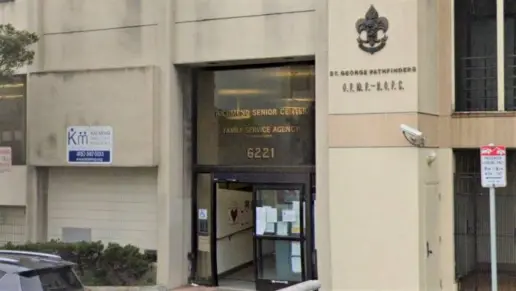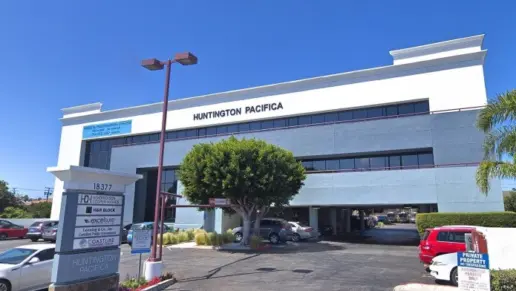About Aspen Treatment Centers
About 10 miles outside of Thousand Oaks you’ll find Aspen Treatment Centers in Simi Valley, California. This Joint Commission-accredited outpatient clinic welcomes adults battling mental health conditions, substance abuse or co-occurring disorders. You’ll benefit from the convenience of living at home and tending to daily responsibilities while getting the care you need. They even offer telehealth services to fit treatment into your schedule effortlessly.
Their program uses a blend of treatment best practices and holistic approaches to reach your recovery goals. You can access a personalized treatment plan with your strengths and needs at the forefront. They provide group and individual sessions, integrating dialectical behavior therapy (DBT), cognitive-behavioral therapy (CBT), motivational interviewing, mindfulness practices and more. These approaches can help you get to the root of your addiction and build essential recovery skills to advance in your journey.
What stands out most to me is their trauma-informed approach. They understand that traumatic experiences can greatly impact addiction and your responsiveness to treatment. You’ll benefit from assessments and evaluations to understand these challenges and develop a treatment plan that helps you overcome them.
Another cool feature that caught my eye was their holistic services. Healing your mind, body and soul can promote overall wellness and help you sustain recovery. You can participate in mindfulness activities to learn healthy self care and stress reduction techniques. That way you can leave treatment with new tools to handle life stressors without resorting to substance use.
Lastly, their aftercare services look great. Just 15 minutes away in Chatsworth their
sober living homes provide continuous personalized support for the next step in your journey. They help you foster life skills to improve your journey as you connect with peers on similar paths.
Rehab Score
Gallery
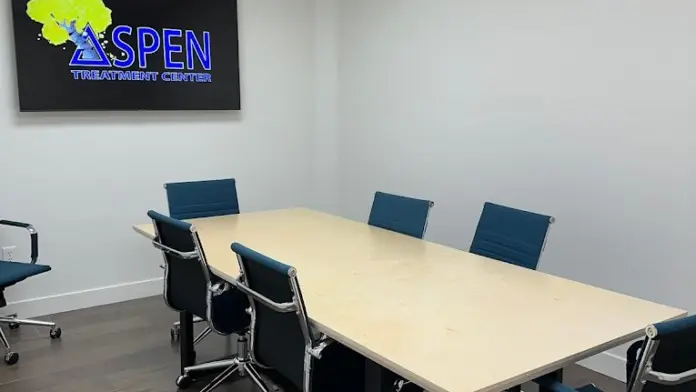
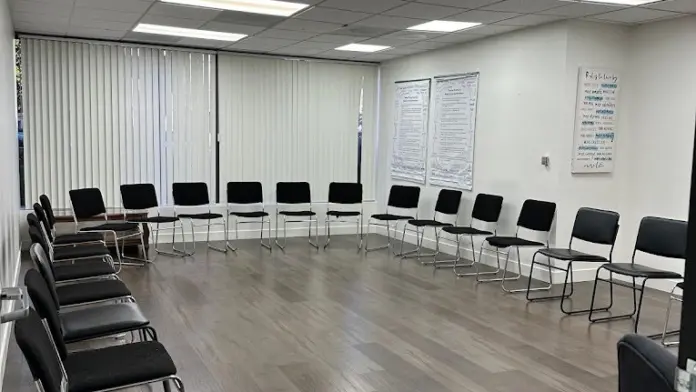
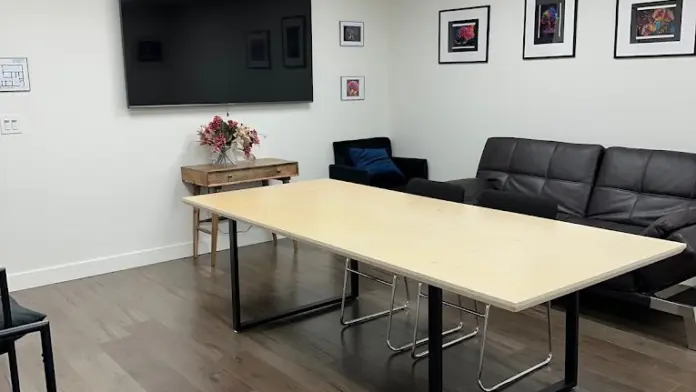
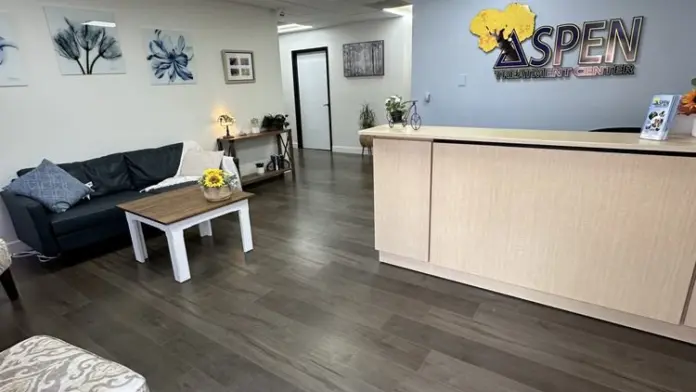
Location
Accepted Insurance


Other Forms of Payment
Private insurance refers to any kind of healthcare coverage that isn't from the state or federal government. This includes individual and family plans offered by an employer or purchased from the Insurance Marketplace. Every plan will have different requirements and out of pocket costs so be sure to get the full details before you start treatment.
Self-pay involves paying for treatment out of your own pocket. You can use savings or credit, get a personal loan, or receive help from family and friends to fund your treatment. If you don't have insurance or your insurance plan doesn't cover a specific program, self-pay can help ensure you still get the care you need.
Military members, veterans, and eligible dependents have access to specific insurance programs that help them get the care they need. TRICARE and VA insurance can help you access low cost or no cost addiction and mental health treatment. Programs that accept military insurance often have targeted treatment focused on the unique challenges military members, veterans, and their families face.
Addiction Treatments
Levels of Care
Treatments
California's mental health and substance abuse rehabs provide dual-diagnosis treatment options for individuals looking to address co-occurring disorders. These programs are usually offered on either an inpatient or outpatient basis. You can usually expect a mental health assessment and personalized treatment plan, evidence-based therapies, like cognitive-behavioral therapy (CBT), experiential therapies like equine therapy, skills groups, and counseling to simultaneously address both mental health and substance abuse and drastically increase your chances of long-term sobriety.
Inpatient treatment for drug and alcohol addiction with a focus on mental health is a good fit for people who need closer monitoring and care. Treatment may occur in a hospital setting, a clinic, or a luxury rehab center. Mental health counselors and staff are available 24/7. Therapies typically include group and individual counseling, relapse prevention education, and emotional coping skills training.
Programs


Clinical Services
During group therapy, men and women learn to express their emotions openly in a non judgmental setting. This helps you process your feelings and reduces feelings of social isolation that are often associated with addiction.
Individual therapy for drug addiction includes a customized treatment plan that considers your history and life circumstances. During your therapy sessions, the therapist helps you uncover underlying issues and triggers for addictive behavior that support a holistic approach to recovery.
Family therapy offers a platform for members to have an open dialogue about the challenges that addiction has placed on the family unit. Through guided sessions, therapists can help families develop healthy communication skills and address unresolved issues. By working together toward a common goal, they help to support their loved one's sobriety.
Cognitive behavioral therapy in California is a method that therapists often use for the effective treatment of substance use disorders. It is based on the principle that substance abuse stems from unhelpful ways of thinking and patterns of behavior, which can be changed by helping the individual learn better ways of coping.
While participating in dialectical behavior therapy in California, you'll focus on four key areas of skill development: mindfulness, interpersonal effectiveness, emotion regulation, and distress tolerance. Treatment includes weekly individual and group sessions.
For clients who are struggling with ambivalence toward change, motivational interviewing in California can help strengthen their commitment to change. Using a conversational method, the therapist helps you explore your motivations and empowers you to make the changes you desire.
Trauma therapy is a structured approach used by therapists to help you heal from a past traumatic event. Your therapist works with you to identify the traumatic memory and process the information so you experience emotional healing and a sense of safety and stability.
Amenities
-
Yoga Studio
Accreditations

The Joint Commission, formerly known as JCAHO, is a nonprofit organization that accredits rehab organizations and programs. Founded in 1951, the Joint Commision's mission is to improve the quality of patient care and demonstrating the quality of patient care.
Joint Commission Accreditation: Yes
Contact Information
1445 E Los Angeles Ave
Suite 104
Simi Valley, CA 93065
























